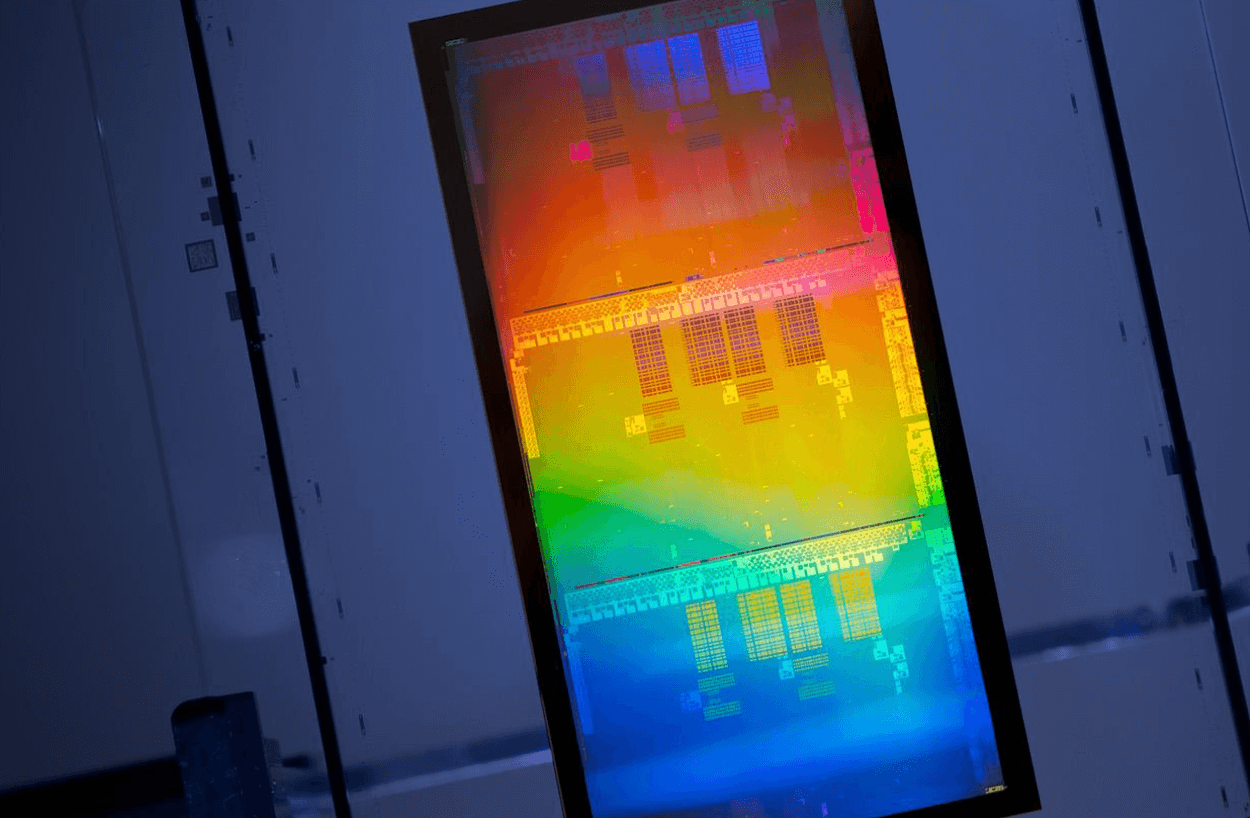Intel Foundry Services (IFS) and Arm agreed to undertake design technology co-optimization (DTCO), in which chip design and process technologies are optimized together to improve power, performance, area and cost (PPAC) for Arm cores targeting Intel 18A process technology.
Intel said its 18A process delivers two breakthrough technologies, PowerVia for optimal power delivery and RibbonFET gate all around (GAA) transistor architecture for optimal performance and power.
IFS and Arm will develop a mobile reference design, allowing demonstration of the software and system knowledge for foundry customers. With the industry’s evolution from DTCO to system technology co-optimization (STCO), Arm and IFS will work together to optimize the platforms from applications and software through package and silicon, leveraging Intel’s unique open system foundry model.
“There is growing demand for computing power driven by the digitization of everything, but until now fabless customers have had limited options for designing around the most advanced mobile technology,” said Pat Gelsinger, CEO of Intel Corporation. “Intel’s collaboration with Arm will expand the market opportunity for IFS and open up new options and approaches for any fabless company that wants to access best-in-class CPU IP and the power of an open system foundry with leading-edge process technology.”
“Arm’s secure, energy-efficient processors are at the heart of hundreds of billions of devices and the planet’s digital experiences,” said Rene Haas, CEO of Arm. “As the demands for compute and efficiency become increasingly complex, our industry must innovate on many new levels. Arm’s collaboration with Intel enables IFS as a critical foundry partner for our customers as we deliver the next generation of world-changing products built on Arm.”













